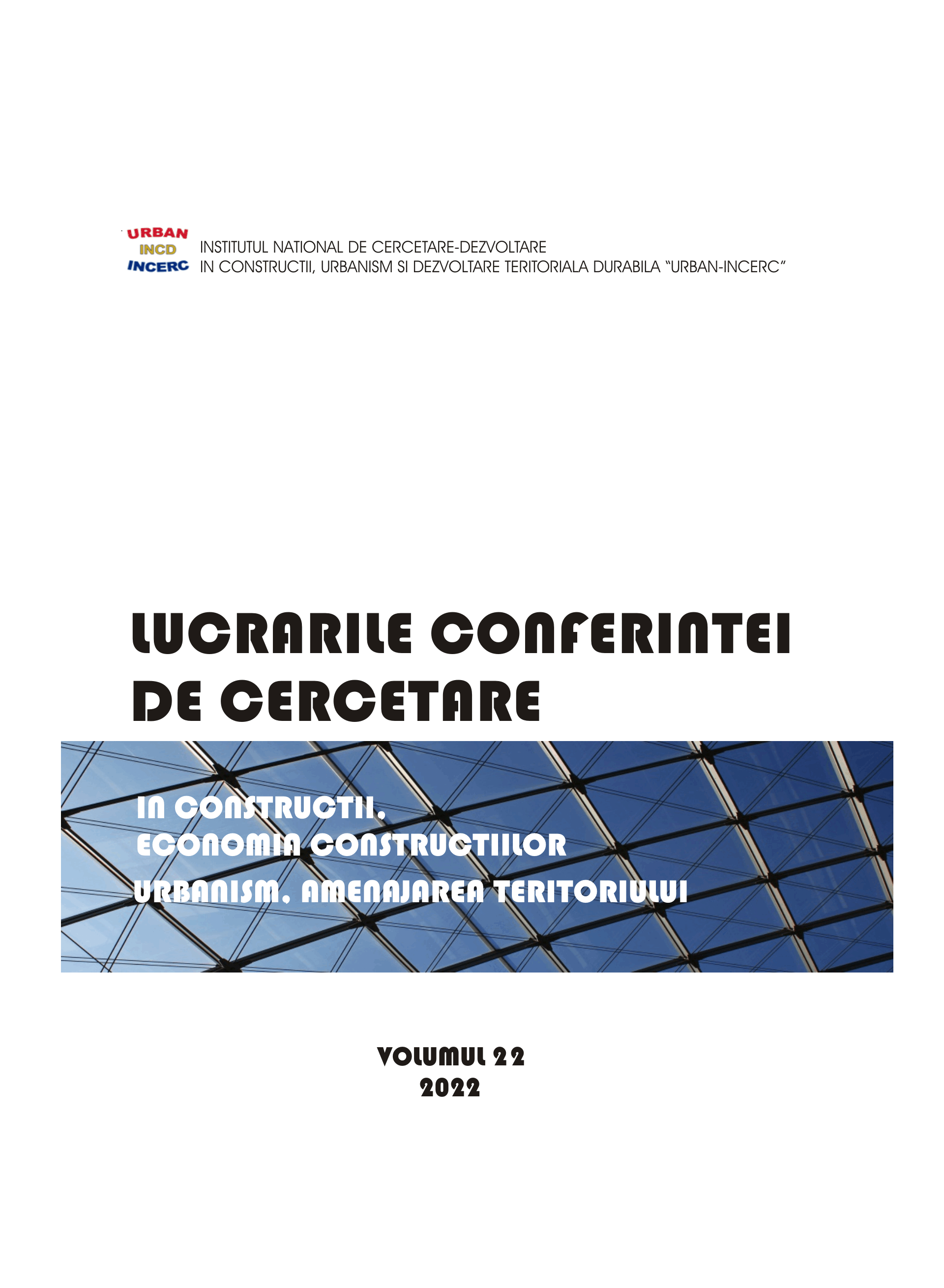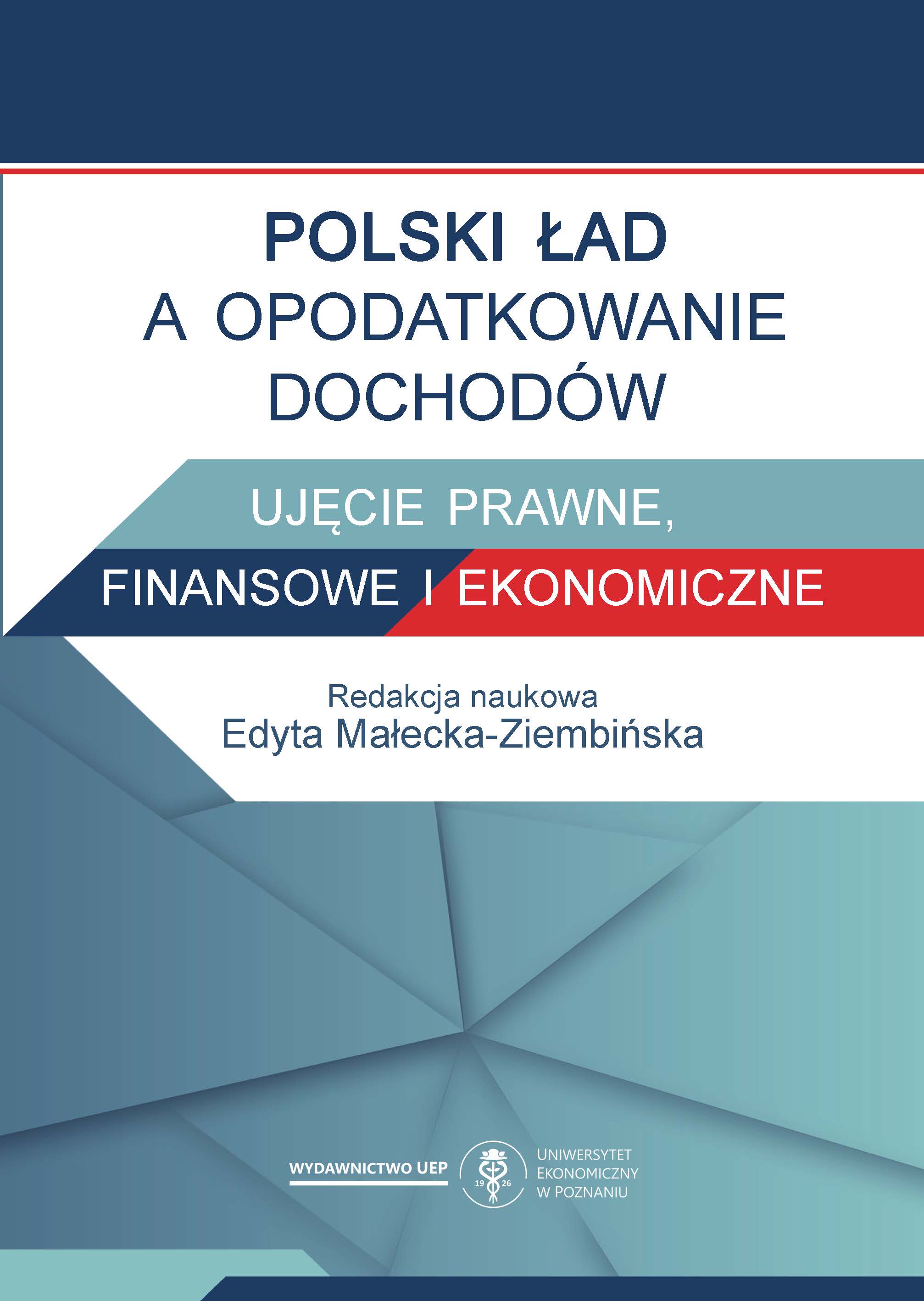
Аскери чифликът - вакъфът - държавата. Чифликът на мютевелията на вакъфа на Софу Мехмед Паша от началото на XVIII век: генезис, развитие, злоупотреби, печалба
The debate of the identification and definition of the askeri cifliks lies at the center of the Ottoman economic history. Their existence arises important questions related to the balance in the Ottoman classical economic and social system based on the state land property, the legitimacy of the political power of the Ottoman ruling class and the revenue collection of the agrarian surplus. A typical case of land usurpation and private control over the appropriation of the agrarian surplus can be investigated in the detail thanks to a wealth of historical data consisting of tax registers (tapu-tahrir defters), inventories of vakf's revenues and complaints against the ciflik-owner dated from 16th to the beginning of 18th century. The foundation and practice of administrator (mutevelli) of the Sofu Mehmed Pasha's and Mustafa Aga's vakfs (charitable donations), in the beginning of the 18th century demonstrates the genesis of such farms by occupation of abandoned lands. In addition, the investigation of the genesis and character of Veli Efendi's ciflik shows different ways of violation of the land law by the ciflik-owner as a result of his attempts at accumulating land, power and riches. The information included in the documents concerning the case of the ciflik presents the importance of political and economic factors such as the impact of the military campaigns on the population and the possibility of usurpation of abandoned lands as a result of the flight of the villagers for creating big askeri cifliks. The administration and control over the vakf's revenues and properties as part of the ciflik-holder's official duties are also of great significance for making high profits through concealing the ciflik's population and workers, misappropriation of arable lands and tax evasion. In other words the investigation of the case of the Veli Efendi's ciflik sheds light on the basic debatable questions in the Ottoman historiography related to the genesis and development of the askeri cifliks in the Ottoman Empire and some violations of the law and taxation by their holder, especially during 17th-18th centuries.
More...

